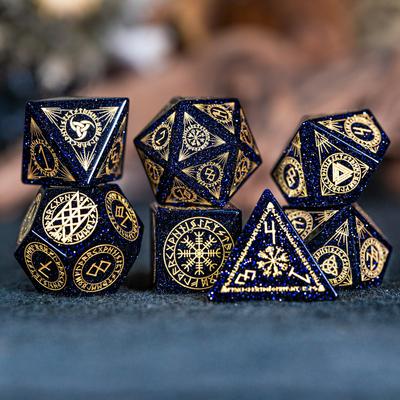Within the past couple of months I have been fortunate to have several opportunities that aligned nicely in a way that I haven’t quite been able to put into words.
Firstly, through my undergraduate studies at UFV I was able to attend a number of webinars and virtual events on sustainable development due to a global development course the university offers. This same course is also what allowed me to gain much more perspective on matters of urban development, how they apply to developing communities, and in what ways there is still room for development in areas close-to-home, typically considered more developed (and maybe not rightly so).
I was interested in how I personally might be able to address that, even in a small way, while keeping it related to my own strengths and interests: writing, creativity, and similar skills. In my curiosity, I was reminded of a U.S foundation built on those very things—826National—that is very prevalent within the table-top RPG sphere.
There are several international movements taking inspiration from them (https://826national.org/an-international-movement/) such as the Writers’ Exchange in Vancouver. While volunteer opportunities are limited during the Covid-19 pandemic, all of these ideas got me thinking about what role table-top games such as Dungeons & Dragons or Starfinder could play in providing creative education opportunities for developing urban communities.
With just a bit of research, it turns out table-top RPGs can help prepare kids in several ways, including but by no means limited to:
- Creative Problem Solving
- Critical Thinking
- Memory/Retention
- Confidence
- Processing Information
- Rationale and Logic Skills
- Spatial Awareness
- Written and Verbal Communication Skills
- Concentration/Attention
Using This for Education
A lot of these tools are important components to allowing children to become socially conscious and therefore the ability to foster characteristics of community leaders. Allowing an avenue for perhaps necessary subjects for the betterment of an area, such as gender equality or sustainable resources to be explored and implemented via the vehicle of a game can make the concepts or issues at hand seem much more approachable to an impressionable learner.
In playing games, there is less pressure as there might be in a traditional education environment, less onus on a student to feel as if they’re being assessed or given a mark. A game is low-stress, the idea being to have fun and that ‘losing’ can be normalized. They’re enjoyable. So, in enjoying the task set before them, a group of students has the opportunity to indulge in participation—no, maybe every learner won’t contribute to discussions or activities within a game to the same, but the point is a feeling of equal worth.
For example, in a game like Dungeons & Dragons there are different roles any one member of a group can fill out depending on the type of character they want to play. Think of these as sort of movie archetypes. The smart one, the rogueish risk-taker, etcetera. In a table-top game of this nature, each of these types of roles is equally important and is crucial in the cooperative story-telling nature of the game.

Not only do these things allow for a way to practice empathy and approachable learning, they can also elicit a sense of capability in participants, which for developing areas can be crucial. A subject often reiterated in the content of the aforementioned global development studies course was that in a number of global South communities feel stuck or without a course of action to pursue to start towards ameliorating their situations.
By implementing the creative education practices above, through enjoyable, inclusive methods, learners are encouraged to engage with conflict in a safe environment and rationalize ways to overcome it, implementing several tools including critical thinking in young minds in a very compact and efficient way.
826’s various branches, and the organizations inspired by them follow a similar philosophy, by providing outlets for creativity through games, reading, writing and more to underprivileged communities who may otherwise not have access to those resources. After learning so much about it that I can’t even dream of compressing here, I encourage those reading to seek out more information and engage in this practice where you can. Find passion in playing a part in bettering the minds and communities of developing areas whether near or far.
https://www.teachingwithdnd.com/
Home
https://826national.org/an-international-movement/
https://www.thedarkimp.com/blog/2021/04/15/why-are-board-games-educational/
